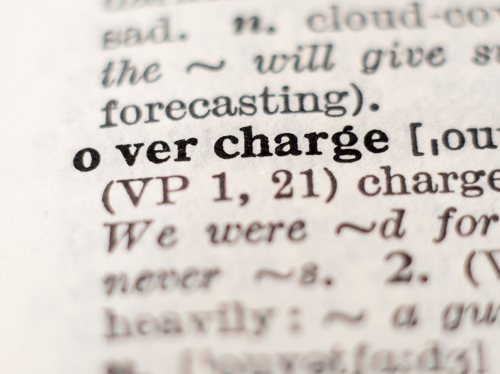
In B* v. F* 7** Associates, L.P., the Appellate Division, First Department, addressed a rent overcharge dispute that hinged on whether the landlord had fraudulently deregulated a rent-stabilized apartment. The court affirmed the lower court’s denial of the landlord’s motion for summary judgment, allowing the tenant’s claim for trebled damages to proceed.
At the heart of the case was the landlord’s 2009 deregulation of the apartment, which followed the departure of a rent-stabilized tenant who had been paying $603.33. The new lease in 2011 listed a legal rent of $2,500—exactly matching the deregulation threshold at the time. However, subsequent renewal leases dropped well below that threshold, with rents ranging from $1,495 to $1,675 between 2013 and 2016. This pattern raised red flags: the court found that such a dramatic spike followed by sustained reductions could suggest a “fraudulent scheme to deregulate.”
The court emphasized that while the fraud exception to the four-year lookback rule is typically narrow—especially in cases stemming from Roberts v. Tishman Speyer Props., where deregulations were based on faulty agency guidance—this case presented a “colorable claim of fraud.” Because the landlord failed to provide documentation justifying the jump from $603.33 to $2,500, the court allowed scrutiny of the rent history beyond the four-year window.
This finding also opened the door to potential treble damages. Under the Rent Stabilization Law, tenants may recover triple the overcharge amount if the landlord’s conduct is deemed willful. Since fraud was plausibly alleged, the court found a triable issue of fact on willfulness.
Ultimately, the decision underscores that landlords bear the burden of proving lawful deregulation.
Even thresholds have strings attached.
# # #
DECISION
B* v. F* 7** Associates, L.P.